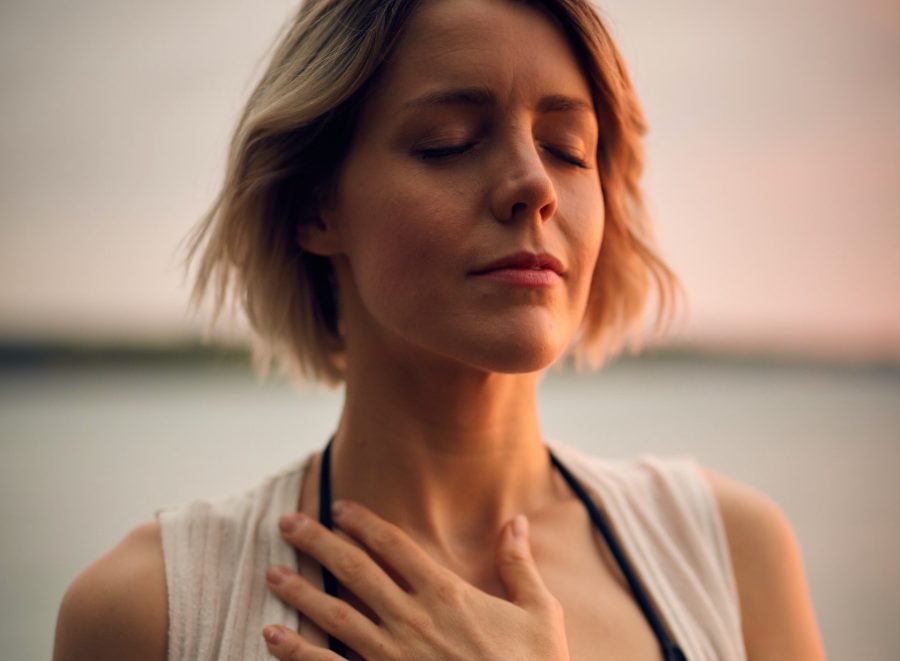
It’s no secret that good skin comes from within. If you put nothing but unhealthy garbage into your body, it reflects on the outside.
Unfortunately, it’s not as simple as eating well and expecting everything to balance out. There are vitamins and minerals that are great for our skin, but hard to get enough of from diet alone.
Lucky for us, supplements exist – and they come in all shapes and sizes.
Whether you’re lacking in one or two of these vital vitamins, or the whole lot, you can find most of these easily enough on the high street. Many come in multivitamin form, and offer a single helpful supplement specifically designed for your skin. Others come in larger doses, as individual vitamins.
No matter your needs, it’s always helpful to know as much as possible about what you put into your body. And if you’re planning on upping your supplement game, speak to a doctor to make sure that there are no conflicting issues in adding one to your regimen.
Vitamin A
Vitamin A is an antioxidant that works to help protect the skin from things like sun damage and sunburn. Of course, it’s not a replacement for sunscreen. But it can help to interrupt the process of the skin that breaks down collagen. And that is absolutely a tick in the pro column!
Vitamin A also contributes to normal healing. It can even help to accelerate the healing of small scrapes and cuts. An added bonus is that it helps with the function of oil glands around your hair follicles, so there’s some research to show it can keep your hair healthy too.
If you’re lacking in Vitamin A, you might find your skin can be itchy, dry, and rough to the touch.

Vitamin C
Another powerful antioxidant, Vitamin C is easy to remember because it helps with collagen production. Or more accurately, it helps collagen proteins to hold their shape.
As for its antioxidant properties, Vitamin C is important to help protect your skin from free radical damage; since this is a contributing factor in skin cancer, Vitamin C should be everyone’s best friend.
This is an all-round vitamin to make sure you’re getting enough of.
If you’re low on Vitamin C, you might find that your skin bruises more easily, or that sores and wounds heal a little more slowly. One symptom of Vitamin C deficiency is bleeding gums, too.
Vitamin E
Long hailed as an amazing vitamin for skin, Vitamin E is not only an antioxidant but a potent anti-inflammatory too.
Since it’s capable of helping our bodies absorb energy from UV light sources, it’s an essential vitamin for us all. Vitamin E helps ward off:
- Skin damage
- Sunburn
- Fine lines and wrinkles
- Sagging skin
- Skin cancer
When your body has the right balance of Vitamin E and C, the two work together to strengthen cell walls. This means brighter, firmer skin.
Zinc
Heavily linked to healing, Zinc is found in the outer layer of your skin; there’s almost five times as much of it there on the surface as there is below!
Great for healing after injuries, Zinc keeps the skin’s cell walls stable and helps them to split, develop and grow.
Since it also behaves like an antioxidant, Zinc is bursting with skin benefits. And that’s on top of helping to protect the skin from UV damage, in conjunction with other metals such as copper and iron.
If your body is receiving insufficient levels of zinc, you might notice an eczema-like rash, which can itch. However, this itchiness won’t go away with topical steroids and moisturisers.
Selenium
Another one that helps to protect your skin from UV rays is Selenium, an important mineral for the skin. So important, in fact, that a deficiency of selenium has been linked to an increased risk of skin cancer.

Foods
As you’ve probably already realised, many of these vitamins and minerals can be found in food. It’s much easier to focus on getting enough vitamins through your diet than remembering to take a dozen supplements daily.
Fruits and veggies are great sources of the right vitamins and antioxidants. But, of course, not all are created equal.
Here are a few we’re partial to:
- Leafy dark greens like kale and spinach (great for Vitamin A, C, E, and selenium in spinach).
- Eggs (plenty of protein, and a source of Vitamins A and E. Also a source of selenium and zinc).
- Fatty fish such as salmon, sardines, tuna (good sources of protein and selenium).
- Legumes like chickpeas and lentils (a good source of zinc and protein).
- Avocados (delicious and loaded with Vitamins C and E).
Healthy Fats
If you’ve ever wondered what gives your skin a healthy glow, then look no further than healthy fats. Yes, shocking as it may sound, not all fats are bad!
In fact, without enough of the right kind of fats, you could find yourself ageing prematurely, and prone to dry, wrinkled skin.
Nuts and seeds are a great source of monounsaturated and polyunsaturated fats, which help to keep your skin firm and flexible. They’re also found in avocados and the fish we mentioned above (and are considerably healthier than saturated fats).
Another healthy fat to consider is omega-3 fatty acid, which is a type of polyunsaturated fat. Unfortunately, the body can’t make this on its own; we need to get it from external food sources like the leafy greens we mentioned before (spinach, kale and even collards), fatty fish, or flaxseed.
As a bonus, omega-3 can also help combat cancer by blocking a chemical that helps it spread and grow.
Protein
Okay, so we know you already know about protein. It’s hard to live in 2021 and have not heard about its benefits (especially if you’ve tried anything like a Keto diet). But do you know why it’s so important?
Your body uses protein to create amino acids; these then help make other proteins like keratin (yay, glossy hair!) and collagen (you definitely already know about this one). Since these two proteins are a huge part of healthy skin, you’ve probably already got the message, here: protein leads to better skin.
Protein can be found in all the foods listed above (minus the avocados), and plenty of other red meats, cheeses and more.